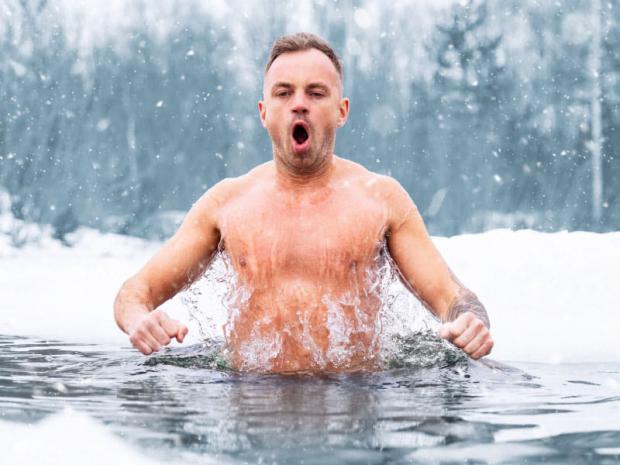
Breaking News
 Joe Rogan Experience #2461 - Robert F. Kennedy, Jr.
Joe Rogan Experience #2461 - Robert F. Kennedy, Jr.
 Bitcoin Was Built To Escape The Rigged System -- They Just Built The Cage Around It
Bitcoin Was Built To Escape The Rigged System -- They Just Built The Cage Around It
 How Wall Street Took Over Bitcoin
How Wall Street Took Over Bitcoin
 Two-story 3D-printed house withstands earthquakes with cave-like design
Two-story 3D-printed house withstands earthquakes with cave-like design
Top Tech News
 US particle accelerators turn nuclear waste into electricity, cut radioactive life by 99.7%
US particle accelerators turn nuclear waste into electricity, cut radioactive life by 99.7%
 Blast Them: A Rutgers Scientist Uses Lasers to Kill Weeds
Blast Them: A Rutgers Scientist Uses Lasers to Kill Weeds
 H100 GPUs that cost $40,000 new are now selling for around $6,000 on eBay, an 85% drop.
H100 GPUs that cost $40,000 new are now selling for around $6,000 on eBay, an 85% drop.
 We finally know exactly why spider silk is stronger than steel.
We finally know exactly why spider silk is stronger than steel.
 She ran out of options at 12. Then her own cells came back to save her.
She ran out of options at 12. Then her own cells came back to save her.
 A cardiovascular revolution is silently unfolding in cardiac intervention labs.
A cardiovascular revolution is silently unfolding in cardiac intervention labs.
 DARPA chooses two to develop insect-size robots for complex jobs like disaster relief...
DARPA chooses two to develop insect-size robots for complex jobs like disaster relief...
 Multimaterial 3D printer builds fully functional electric motor from scratch in hours
Multimaterial 3D printer builds fully functional electric motor from scratch in hours
 WindRunner: The largest cargo aircraft ever to be built, capable of carrying six Chinooks
WindRunner: The largest cargo aircraft ever to be built, capable of carrying six Chinooks
Cold-water plunges and your health: The science is in

Cryotherapy – applying ice, cold water, or cold air to the body to promote health – has been practiced for centuries. Indeed, the more-than 3,000-year-old Edwin Smith papyrus, the oldest known surviving scientific writings on spinal injuries, refers to treating spinal trauma with cold-water immersion.
The practice of cold-water immersion certainly has its devotees. But do daily cold plunges, whether it's a cold shower, swimming in a frigid ocean, or sitting in a bathtub filled with ice cubes, really benefit health and well-being? To answer that question, researchers from the University of South Australia (UniSA) undertook the most comprehensive review and meta-analysis yet undertaken on the topic.
"Cold-water immersion has been extensively researched and used in sporting contexts to help athletes recover, but despite its growing popularity among health and well-being circles, little is known about its effects on the general population," said Tara Cain, a research assistant from UniSA's Alliance for Research in Exercise, Nutrition and Activity (ARENA) and the study's lead and corresponding author.
The researchers reviewed and analyzed 11 studies published between 2014 and 2023, comprising a total of 3,177 healthy adult participants. Ten studies looked at immersion in an ice bath or cold plunge, and one studied the effect of cold showers. Studies were only included if participants were immersed in water at or above chest level. Water temperature ranged from 7 °C to 15 °C (45 °F to 59 °F), with immersion times of at least 30 seconds up to two hours. The outcomes of particular interest to the researchers related to sleep, stress, fatigue, energy, skin health, immunity, inflammation, mental well-being, depression, anxiety, mood, concentration, and alertness or focus.
"In this study, we noted a range of time-dependent results," Cain said. "Firstly, we found that cold-water immersion could reduce stress levels, but for only about 12 hours post-exposure. We also noted that participants who took 30, 60, or 90-second cold showers [for 30 days] reported slightly higher quality of life scores. But again, after three months these effects had faded.

 RNA Crop Spray: Should We Be Worried?
RNA Crop Spray: Should We Be Worried?

